At Encap Health, we believe an informed patient is an empowered patient and that if we provide simple nudges and information at the right time, we can improve patient satisfaction and health. Our core product engages patients immediately after a visit, and to keep patients engaged between visits, we use behavioral science to build patient journeys for medication adherence, metabolic health and prediabetes, sleep, weight loss, and more. In a recent statin medication adherence pilot, we used multi-part HIPAA-compliant emails over three months to inform and empower patients about their statins – and the patient response was overwhelmingly positive.
Did you know that 50% of patients stop taking their statin medications within a year [1] – despite studies showing statins can lower LDL by 50% and reduce the risk of heart attack and stroke by 25% [2]? Medication adherence isn’t a new problem to solve in healthcare – pharmacies, drug companies, health plans, and even device manufacturers all have incentives for patients to take their medications (not to mention the actual patient – who is frequently left out of healthcare innovation design!). Despite all of these interested parties, medication adherence remains a problem and costs the health system an estimated $500B annually [3]. Improving medication adherence is a human behavior problem – but like many things in healthcare, it is complicated by the agency problem of “Who pays for it?” and regulatory laws including HIPAA marketing laws.
But with Encap’s automated HIPAA-compliant patient engagement software – a simple nudge with relevant content seems to have a positive impact.
We use the behavioral science “3B Framework” to 1. Identify Key Behaviors 2. Reduce Barriers, and 3. Amplify Benefits. We address common barriers in our content by focusing on educating patients why statins are important (even if they can’t feel them working), how to address common side effects, how to save money on their prescriptions, and let patients know about new alternatives instead of stopping their statins (such as PCSK9 inhibitors like Repatha).
Some key features of our medication adherence campaigns:
- Frictionless: No clicks from a provider, straight to patient inbox (no passwords or portals)
- Timely: Sent immediately after a new prescription
- Messenger: Sent on behalf of the prescribing provider – a trusted source
- Actionable: Information on mitigating side effects, when to come back, and eligible cost savings
- Engaging: Answers to FAQs, embedded videos with information, and actionable buttons to click if taking medication or not
Our intervention had 77% open rates (standard emails average ~20% open rates), a 54% reply rate to our email prompts, 96% of patient survey replies said they were taking their statins, and 100% of patient survey replies said they thought the interventions could help improve their medication adherence. These engagement and survey results are by no means an indication of clinical efficacy and suffer from multiple shortcomings, including response bias and a “good patient” bias. However, given that the baseline for patient engagement and medication adherence is typically zero, any improvement is incremental. Remembering that statins reduce the risk of heart attack and stroke by 25% and that 50% of patients stop taking their statins, if our intervention influences just one patient, then it seems like an easy win and good medicine.
[1] – https://www.ncbi.nlm.nih.gov/pmc/articles/PMC7135196/
[2] – https://www.health.harvard.edu/heart-health/one-in-five-people-at-risk-of-heart-disease-shuns-statins
[3] – https://www.psqh.com/analysis/the-impact-of-cost-on-medication-adherence

